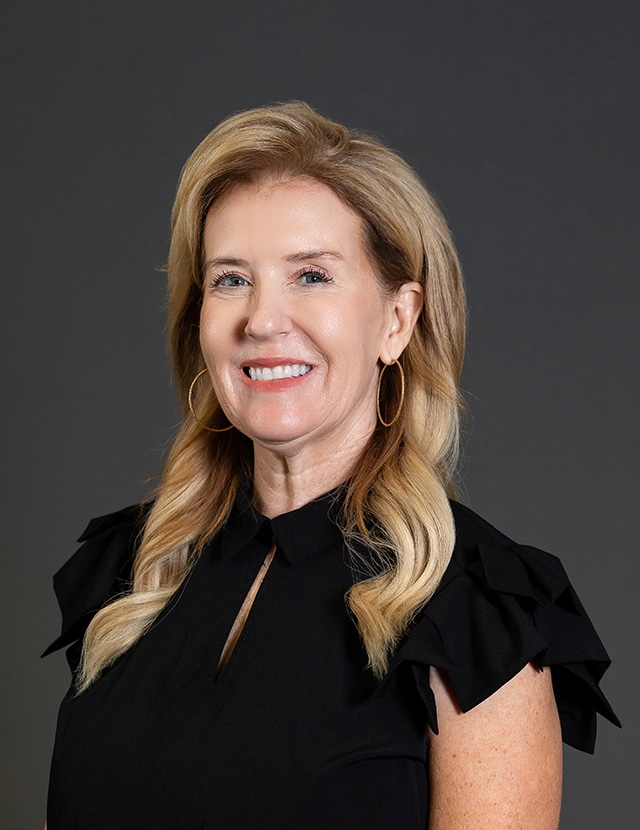It’s a story the team at Healthcare leaders across the Midwest woke up to some surprising news in July 2022. Joseph Mullany, president and CEO of Hospital Sisters Health System’s (HSHS) Illinois division, resigned suddenly. He was on the job for less than three months.
In his role as CEO, Mullany led teams at several Illinois hospitals, including facilities in Springfield, Decatur, Litchfield, Shelbyville, and Effingham. Ninety days after appointing a new leader, the HSHS Illinois system, which has a combined yearly revenue of nearly $1.4 billion, was forced to once again attract a new president and CEO. In the middle of a talent war. During an ongoing pandemic.
Attracting top talent is no easy task even in the best of times. In today’s candidate market, it can feel impossible. That’s why the operations teams at Corporate Relocation International (CRI) are partnering with leaders in the industry more closely than ever before.

“We know that death and divorce are the most stressful events most people can face, but moving is probably a close third,” says Vice President of Business Development Leisa Ross. “Our relocation consultants facilitate everything about a move to help our healthcare clients attract the very best candidates from across the country to come join their hospital or health system.”
Veteran healthcare executives with clinical backgrounds, top university pedigrees, and decades of experience can almost handpick their preferred destination and often choose to stay in major cities or stick close to home. Small-market or rural hospitals that can’t compete with entertainment meccas or local attractions still have to find a way to land visionary decision-makers. In fact, they need top candidates at every level. These and other factors are convincing more organizations to look to companies like CRI to bring in talent and mitigate turnover.
“We know that death and divorce are the most stressful events most people can face, but moving is probably a close third.”
—Leisa Ross
Ross works with Directors of Account Management Stephanie Massegee and Tyler Doole to serve Corporate Relocation International’s healthcare clients. The trio is seeing an unending evolution take place across the entire industry. “Our partners may have big budgets, which increases their pull to go for the very best, but it’s no longer enough just to throw a lump sum of money at someone and hope they accept an offer,” Doole says.
Those partners, which include clinics, hospitals, university systems, mental health providers, and others, are responding to increased competition by expanding their recruitment footprint. Adding relocation benefits to an offer package can make the difference between a yes and a no.
Corporate Relocation International is a privately held, full-service relocation management organization. In the last thirty years, the Texas-based company has assisted people in more than 150 countries and developed a reputation for a relentless focus on the customer experience.

“We take a holistic approach, because the new employee is going to really thrive and have the best relationship with his or her new employer if the entire family is well cared for from start to finish.”
—Leisa Ross
That customer experience anchors the entire process. “We talk to every client to find out exactly what’s most important to them and their culture, and then we custom build a program together that fits their exact needs,” Massegee says, adding that there are often different tiers for different levels of employees. Specialized employees can take advantage of home organization, grocery delivery, meal prep, transportation, and concierge service.
For the Corporate Relocation team, a move is about more than simply getting a person from point A to point B. Ross views each move as an intricate puzzle that she and her colleagues painstakingly put together bit by bit until a beautiful picture comes into view. Each piece—the employee, spouse, children, household goods, church, community, school, automobiles, and pets—is handled with care.
“We take a holistic approach, because the new employee is going to really thrive and have the best relationship with his or her new employer if the entire family is well cared for from start to finish,” Ross says.
Each relocating employee (and their family) receives a dedicated operations consultant. This personal representative handles every detail and also reports back to the employer through a dashboard that tracks costs and other details in real time.
Proprietary tools and key partnerships supplement these important efforts. Reloportal is CRI’s in-house site that curates temporary housing options that clients can examine and select from when necessary. “Most people farm this out, and we’ve built our own tool that can give users options based on proximity to their favorite gym or a dog park, because we believe the social piece of the puzzle is so important,” Doole says.

The CRI team also has an app called Pivot that helps users find doctors, clubs, friends, and activities in their local market. Lastly, Prowess arms accompanying spouses with interview skills, résumé prep, and other resources that ensure a successful transition.
The ongoing COVID-19 pandemic has changed things at CRI; healthcare is now the largest industry the company serves. Other factors are forcing the organization to adapt too. “The needs of relocating employees are different all the time, so we have to stay flexible and provide options,” Massegee says. A white-hot housing market has made those temporary housing options popular, and some employers will even kick in cash for an above-asking real estate offer. Lump sums, storage costs, and miscellaneous expense allowances also are increasing.
While it might sound like enough to make any hospital CHRO’s head spin, Ross says they can trust CRI to stay on top of every changing trend. “The market is changing so fast, but we analyze our data constantly, and we can tell what employees are using, what they aren’t, and how clients can reallocate funds from underused line items to more popular features,” she explains.
The cost to move a new employee may cause some employers to hesitate, but in today’s competitive world, many see it as a necessity. “Companies that are willing to relocate top talent fill positions faster and stay ahead of their competition. It’s a worthwhile investment and an important weapon to help win the talent war,” Ross says. Getting all the pieces in place lets the healthcare provider focus on the big picture task—taking care of patients, their families, and their communities.


